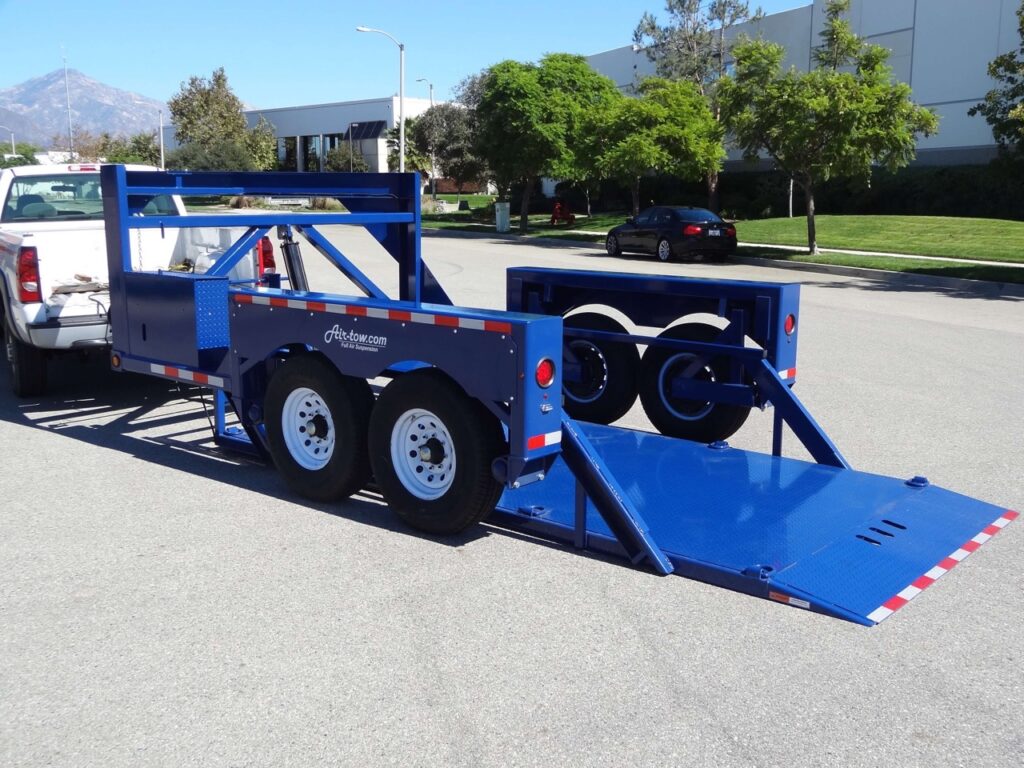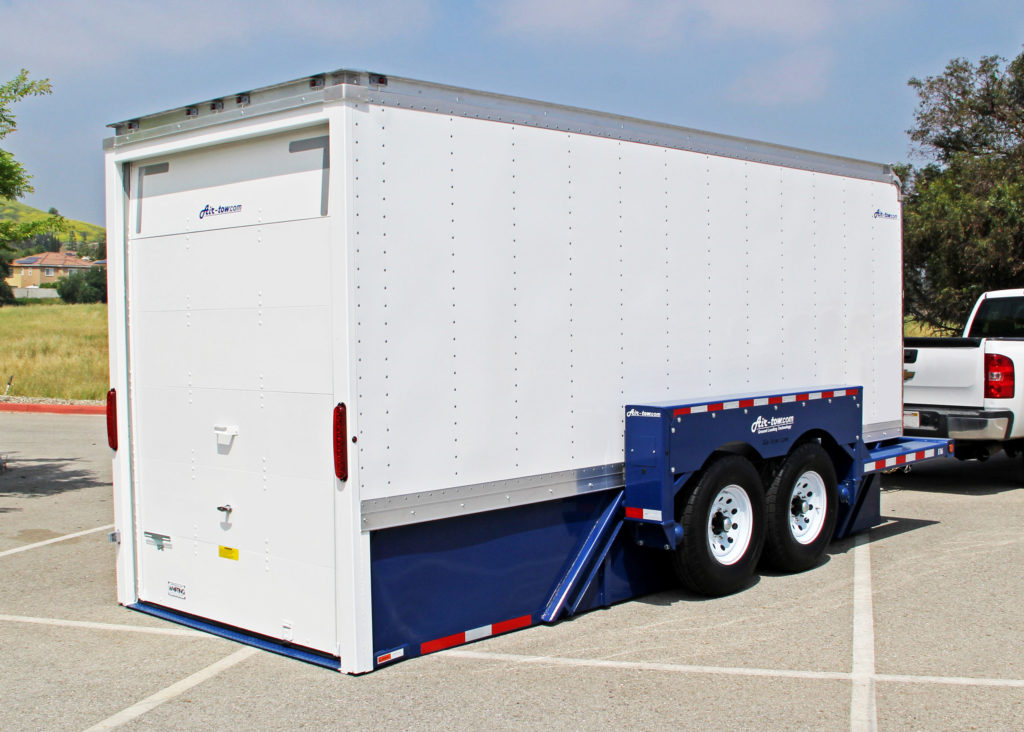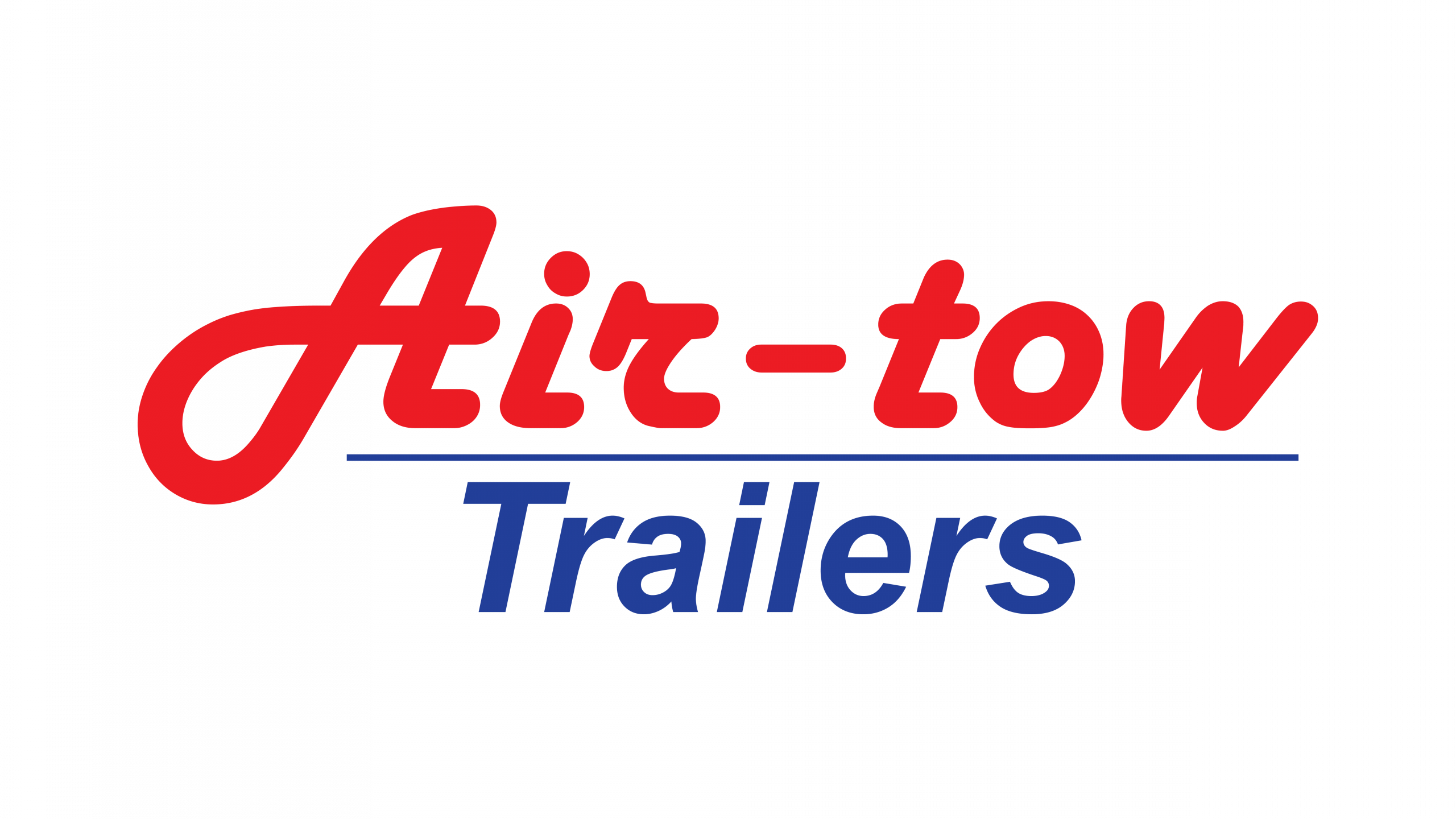Trailer Rental vs. Ownership: Making the Right Choice for Your Needs
- October 3, 2024
- Products
- Posted by admin
- Leave your thoughts
When transporting equipment, goods, or personal items, many individuals and businesses face the decision between renting or owning a trailer. Each option has its own set of benefits and considerations, making it crucial to weigh them against your specific requirements and circumstances. Let’s explore the key factors to consider when deciding between trailer rental and ownership.
1. Cost Considerations
Ownership:
- Initial Investment: Purchasing a trailer requires a significant upfront investment, which includes the cost of the trailer itself, registration fees, and insurance.
- Depreciation: Like any vehicle, trailers depreciate over time, impacting their resale value.
- Maintenance and Repairs: Owners are responsible for ongoing maintenance costs, including servicing, repairs, and storage.
Rental:
- Short-Term Cost: Renting a trailer involves paying a rental fee for a specified period, typically daily, weekly, or monthly.

- No Ownership Costs: Renters avoid upfront costs and ongoing expenses such as maintenance and repairs.
- Flexibility: Renting allows for adapting to varying needs without a long-term commitment.
2. Flexibility and Variety
Ownership:
- Customization: Owners can customize trailers to their specific needs, from adding accessories like a toolbox to choosing specialized features.
- Always Available: The trailer is always accessible, eliminating the need for scheduling and availability concerns.
Rental:
- Variety: Rental companies often offer a range of trailer types and sizes, allowing renters to choose the best fit for each job or trip.
- Short-Term Needs: Ideal for short-term projects or occasional use where owning may not be cost-effective or necessary.
3. Usage Frequency and Duration
Ownership:
- High Frequency: Ownership may offer cost savings over time if trailers are frequently used or required for long-term projects.
- Long-Term Investment: Owners benefit from the trailer’s utility over its lifespan, potentially offsetting initial costs.
Rental:
- Occasional Use: Renting can be more economical and practical for sporadic needs or seasonal demands.
- Avoiding Idle Time: Renting prevents trailers from sitting idle when not in use, minimizing storage costs and maximizing efficiency.
4. Logistical Considerations
Ownership:
- Control and Availability: Owners have complete control over the trailer’s scheduling and availability, ensuring it’s ready whenever needed.
- Storage: Requires adequate storage space, either on-site or off-site, which can be a consideration for businesses with limited space.
Rental:
- Convenience: Rental trailers are typically well-maintained and ready to use, eliminating concerns about maintenance or unexpected breakdowns.
- No Storage Needed: Renters do not need to worry about long-term storage, which is particularly beneficial for individuals or businesses with space constraints.
- Availability: Renting specific trailers may be difficult when availability is limited during peak periods.
5. Risk and Liability
Ownership:
- Liability: Owners bear responsibility for accidents, damage, and insurance coverage associated with the trailer.
- Long-Term Commitment: Requires ongoing financial and operational commitment, which may not suit short-term or uncertain needs.
Rental:
- Reduced Liability: Rental agreements often include insurance coverage options, minimizing financial risk in case of accidents or damage.

- Flexible Contracts: Renters can adjust rental agreements based on changing needs, reducing long-term financial commitments.
Conclusion
Choosing between renting and owning a trailer depends largely on your specific needs, frequency of use, financial considerations, and logistical requirements. Ownership might provide long-term cost efficiency and operational control for businesses with predictable and frequent transportation needs. Conversely, renting offers flexibility and cost-effectiveness for sporadic use and avoids the upfront investment and maintenance responsibilities associated with ownership. Whether you opt for rental or ownership, understanding these factors will help you make an informed decision that aligns with your transportation needs and budget constraints.
If you’re considering buying or renting a trailer, Air-tow Trailers offers a wide selection of trailers to meet your needs. Contact Air-tow to discuss your options and find the ideal trailer for your specific requirements.

